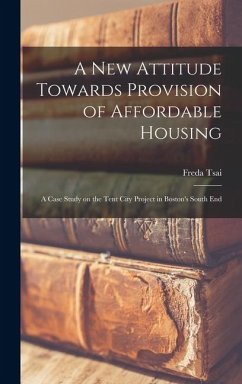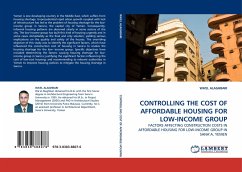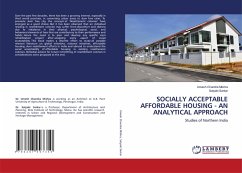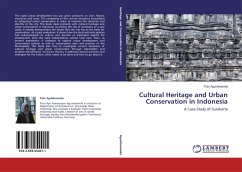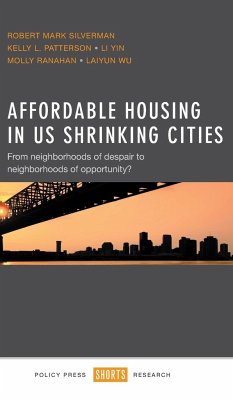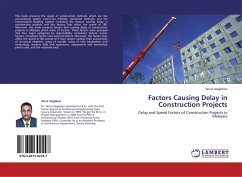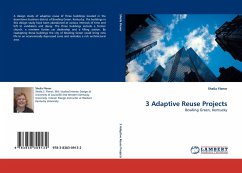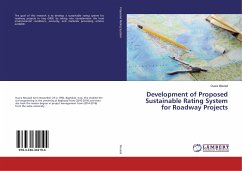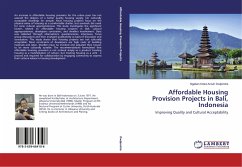
Affordable Housing Provision Projects in Bali, Indonesia
Improving Quality and Cultural Acceptability
Versandkostenfrei!
Versandfertig in 6-10 Tagen
62,99 €
inkl. MwSt.

PAYBACK Punkte
31 °P sammeln!
An increase in affordable housing provision for the urban poor has not assured the delivery of a better quality housing supply, nor culturally acceptable dwellings for people. Most housing projects focus on the physical value of housing as a comfortable shelter, but overlook the need for socio cultural appropriateness. This study investigates the significant factors related to affordable housing projects in Bali: cultural appropriateness, developers constraints, and dwellers involvement. Data was collected through observations, questionnaires, interviews, focus group discussions and then analy...
An increase in affordable housing provision for the urban poor has not assured the delivery of a better quality housing supply, nor culturally acceptable dwellings for people. Most housing projects focus on the physical value of housing as a comfortable shelter, but overlook the need for socio cultural appropriateness. This study investigates the significant factors related to affordable housing projects in Bali: cultural appropriateness, developers constraints, and dwellers involvement. Data was collected through observations, questionnaires, interviews, focus group discussions and then analyzed qualitatively as basis of discussion and conclusions. The study shows that housing projects are not culturally acceptable. Most constraints of developers are high costs of building materials and labor. Dwellers have no involved and adjusted their houses to be more culturally suitable. The recommendations formulated that affordable housing provision is not noticed simply as a product treating housing as a manifestation of culture, but treating housing as a verb - a process and required for collaboration by engaging community to express their cultural values in housing development.



